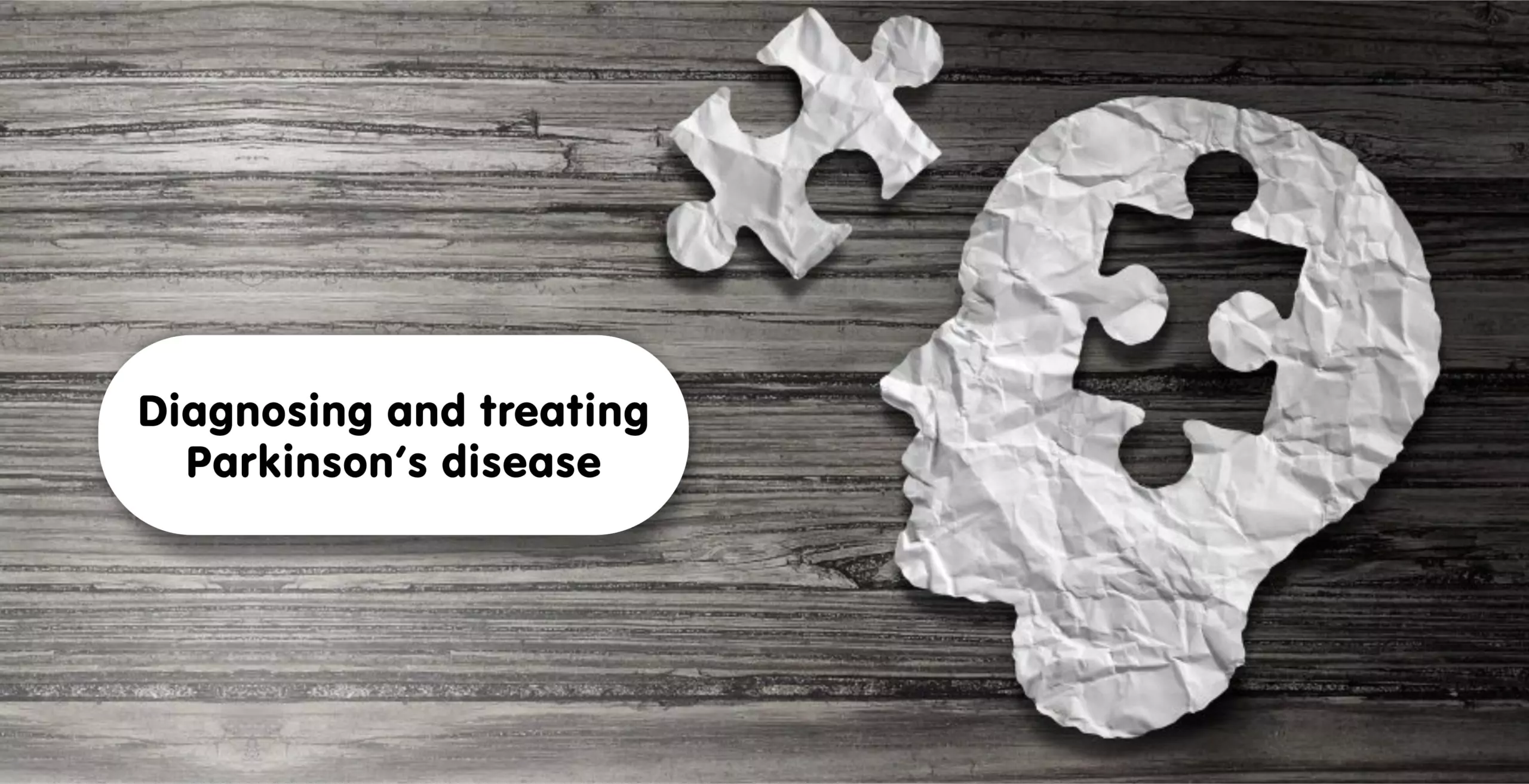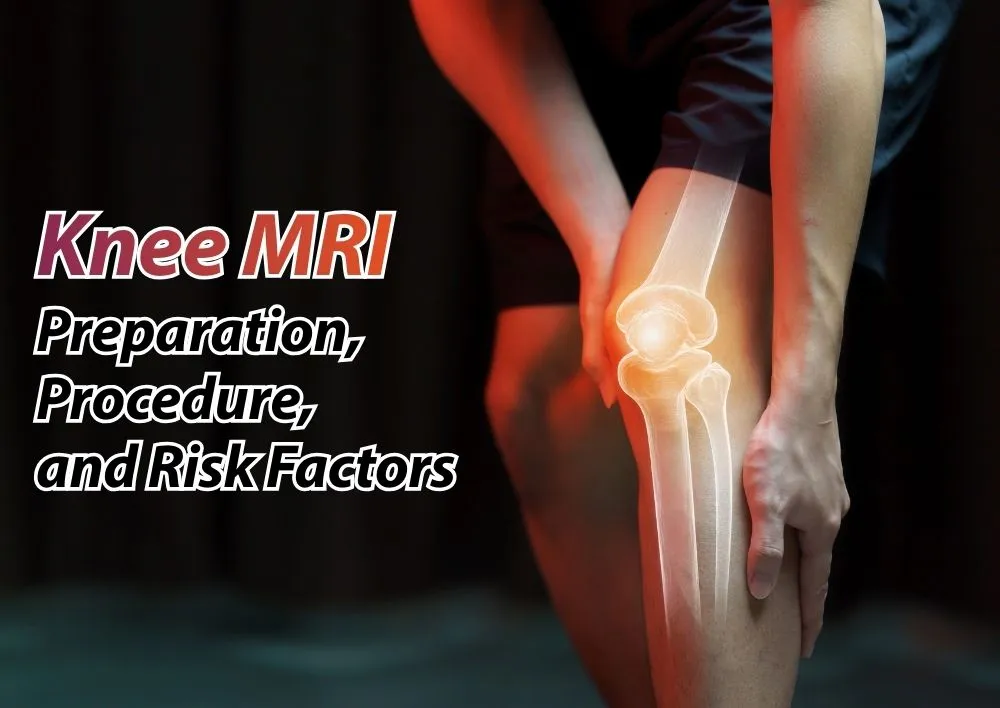Diagnosing and Treating Parkinson’s Disease
Early diagnosis and prompt treatment is the clue to treat Parkinson’s:
Parkinson’s disease is a neurological disorder that affects the elderly predominantly. It is a progressive disorder that affects the movement of the individual. It starts as a tremor in one hand and gradually progresses to slowing down movement and muscle stiffness.
As there are no specific tests that are available to diagnose Parkinson’s disease except TRODAT SCAN, the neurologist will perform a differential diagnosis based on the symptoms of the patients and with the help of a thorough physical examination.
Parkinson’s has become a very common neuro-generative disorder that can cause significant disability and decreased quality of life in the individual. There is no specific cure for the disease, and the brain specialists will aim on improving the quality of life of the affected individual.
Symptoms of Parkinson’s disease and when to consult the doctor?
Parkinson’s disease presents as a pill-rolling tremor in the fingers of one limb, even at rest. The symptoms progress as slowed down movement and the person might drag their feet when they try to walk.
The symptoms might progress as rigid muscles that might get painful with a limited range of motion. Later on, the person might suffer a stooped posture and suffer balance problems as well. Also, the person might experience confusion, speech changes, changes in writing, and loss of automatic movement.
There is no single definitive way to define Parkinson’s disease, and it is many times called an idiopathic disease, to differentiate it from other neuromuscular disorders such as Multiple System Atrophy (MSA) & Progressive Supra Nuclear Palsy (PSP).
Brain specialists in Gurgaon suggest that it is best to consult the doctor as early as the first symptoms of Parkinson’s develop, for early diagnosis and treatment.
Who are at risk for Parkinson’s disease:
The exact cause of Parkinson’s disease is not known, but there are some risk factors for the development of the disease. The risk of the disease increases with age and heredity factors can also contribute to its development. Men are more likely to develop the disease than women and constant exposure to pesticides and herbicides can enhance the risk of the disease as well.
How is the disease treated?
Some of the best Neurology hospitals in Gurgaon render expert treatment for Parkinson’s disease. The treatment is directed towards relieving the symptoms of the disease. The medicines stimulate the cells in the brain, produce more dopamine. The brain specialist will devise an individual treatment plan based on the symptoms and condition of the client.
Is there a way to prevent Parkinson’s?
As the causes and the course of the disease remains a mystery, there are no known ways to prevent it from occurring. But the brain specialists in Gurgaon suggest that performing regular aerobic exercises might decrease the risk of the disease. Also, people who have a regular intake of tea, coffee, cola, and other caffeinated disease seem less affected than those who don’t consume it. Nevertheless, early diagnosis and prompt treatment at the best Neurology hospitals in Gurgaon is the best way to mitigate the severity of the disease and to enhance the quality of life.















Was the information useful?
0 0